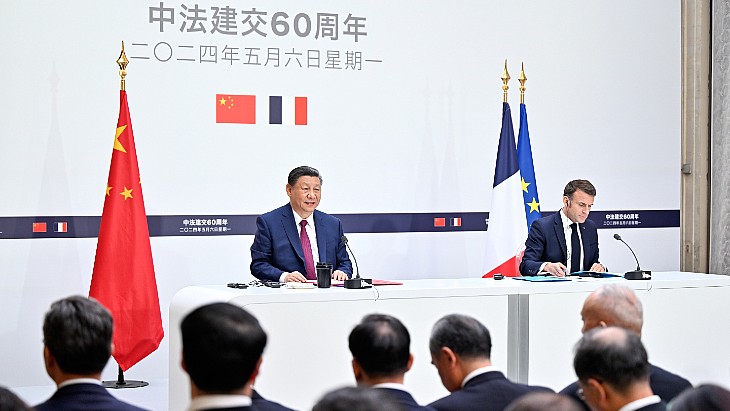IEA advises rethink on Belgian phase-out policy
Belgium should reconsider its nuclear energy phase-out policy, the International Energy Agency (IEA) has suggested following a review of the country's overall energy policy. Belgium should adopt a national long-term energy strategy "without delay" in order to decarbonize the economy while ensuring security of supply and affordability of energy, it said.
In its report - titled Energy Policies of IEA Countries: Belgium 2016 Review - the IEA said Belgium should develop a "long-term comprehensive energy policy" that enables "market players to balance energy security, climate change goals and affordability in line with Belgium's EU and international commitments, taking into account the policy approaches of neighbouring countries". The policy should also ensure "a stable investment climate for all energy supply options".
However, the IEA notes that Belgium's current policy to phase out the use of nuclear energy by 2025 "does not help Belgium meet any of its energy policy goals".
"It is of the utmost importance that Belgium's policy on nuclear power is consistent with its objectives regarding electricity security and climate change mitigation."
Fatih Birol,
IEA executive director
Closure of Belgium's seven operating reactors is "expected to occur in a very short time frame", between 2022 and 2025. According to the IEA, "A rapid phase-out of the nuclear units, which currently represent around half the electricity generation, would be extremely challenging and would have a significant impact on energy supply, on the level of electricity prices and on the country's ability to meet its long-term GHG emission targets." The report added, "It could also have an adverse impact on the financing of regulatory bodies, which is currently ensured by a levy on nuclear installations. It would also have an effect on the funding of the provisions for waste management and decommissioning."
The IEA suggests, "To help ensure security of electricity supply and to limit the costs of the phase-out, the government should reconsider the current phase-out policy and opt for a more gradual approach. A better option would be to allow nuclear power plants to run as long as the regulator considers them safe. The IEA recommends the government to simply avoid a phase-out as it is currently envisaged."
The Belgian government should thoroughly assess whether the current phase-out schedule is "feasible and reasonable". Should this assessment show that it is not, the phase-out policy should be "quickly" amended by "clarifying the role of nuclear energy and [providing] a stable and long-term framework to allow for adequate planning and an overall reasonable return for the necessary investments in long-term operation".
Launching the report in Brussels yesterday, IEA executive director Fatih Birol said: "Our review rings alarm bells due to the lack of private-sector investment in the electricity sector. Government efforts to mobilize investment should include an electricity market design that ensures a viable business model for power generation. And to avoid a lack of generation capacity in the medium term, Belgium could consider operating their nuclear power plants as long as they are certified to be safe by the regulator."
He added, "It is of the utmost importance that Belgium's policy on nuclear power is consistent with its objectives regarding electricity security and climate change mitigation."
Researched and written
by World Nuclear News









_66488.jpg)


